How To Process Through The Grief That Cancer Brings
In my experience, people naturally link grief with cancer after someone they know has died. In actual fact, the patient experiences a form of internal death as part of their diagnosis.
We all have an expectation of how we will live our lives, and, have dreams about how long that will be for. In that moment a cancer diagnosis kills that dream. Sometimes the death is only temporary, and other times it’s very permanent in the literal sense.
Grief is the emotional response to a perceived loss. It’s natural and a part of life. It’s just not something you expect to apply to yourself. You tend to associate grief as something you feel when someone you love dies or leaves your life.
Beyond Blue discusses that grief can be expressed in a variety of ways because we are all gorgeously unique. Grief can be a rollercoaster of too many feelings that will affect not just your emotional stability, but can impact your physicality — from how you sleep, how well you respond to stress, and even your general energy levels. Many people say that grieving takes up more energy than they ever expected.
Grief has the ability to potentially affect every part of your life including “emotions, thoughts and behaviour, beliefs, physical health, your sense of self and identity, and your relationships with others. Grief can leave you feeling sad, angry, anxious, shocked, regretful, relieved, overwhelmed, isolated, irritable or numb.” — Beyond Blue
Grief has no set pattern and we all do it in our own individual way. Some people may grieve for weeks and months, while others may experience grief which lasts years. The duration is often linked with the depth of our emotional connection that has been severed.
There is an upside to grief, weird I know. You get the chance to process your stuff through this perceived loss. You get to choose to look at life differently. As you shed the layers of emotions, your available energy opens to choosing to create new experiences and habits for life moving forward.
As a patient migrating through the breast cancer chapter I can attest to the depth of grief I experienced at the loss of a breast, then a nipple, and so much more.
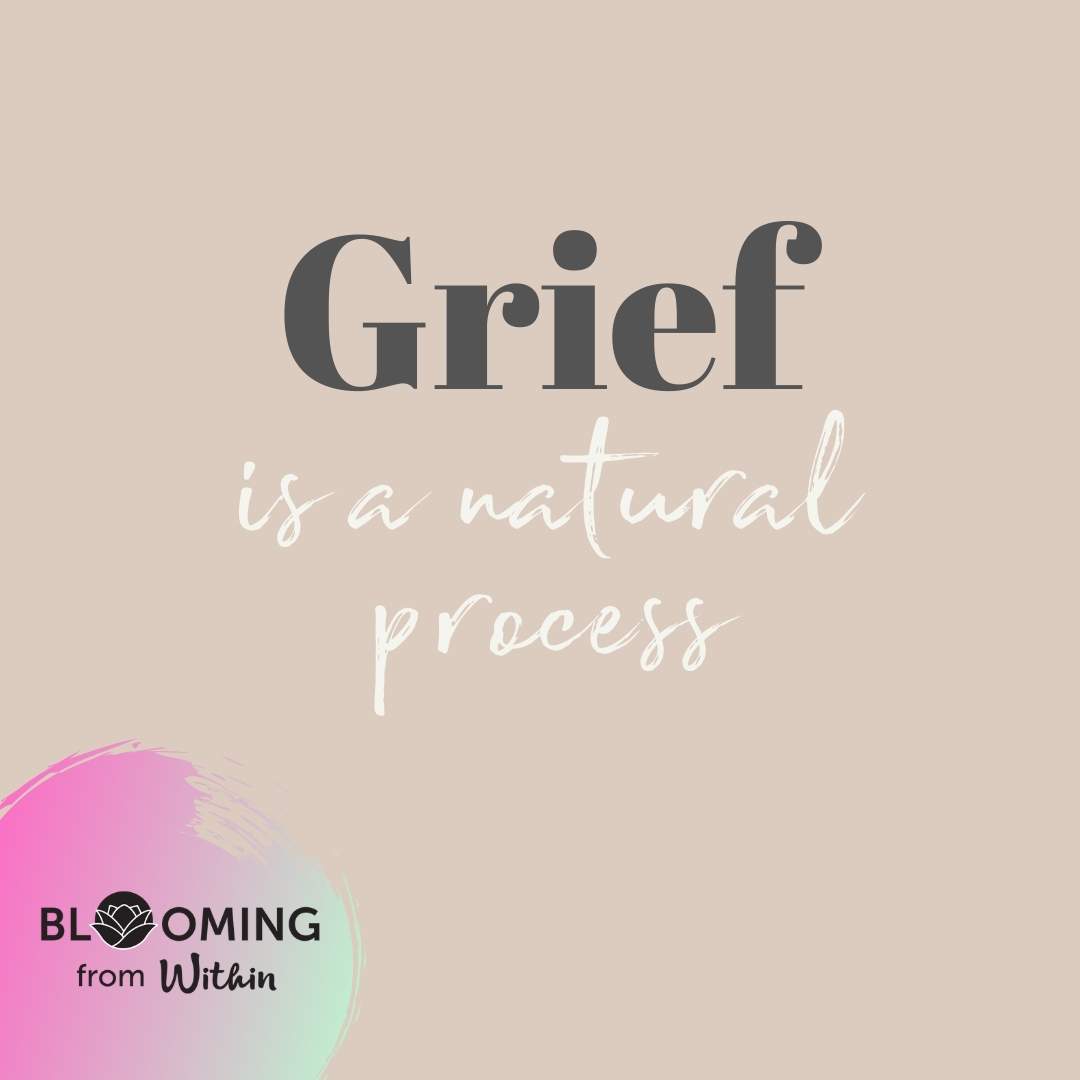
Grief is a natural process
Grief is a normal and expected component of the breast cancer chapter and forms an important step in the healing process. You have to be able to connect with all the emotional feels in order to release them.
Loss of Independence
I grieved my loss of independence after surgery, especially in the weeks and months having to rebuild my physical stamina. I have grieved the loss of a carefree life, a life without the worry of potential metastatic return. This residual fear returns with each new test or scan, and wondering whether everything will be all clear.
This fear arises because you have experienced the initial diagnosis and never ever want to have to feel that dread mixed with sadness ever again.
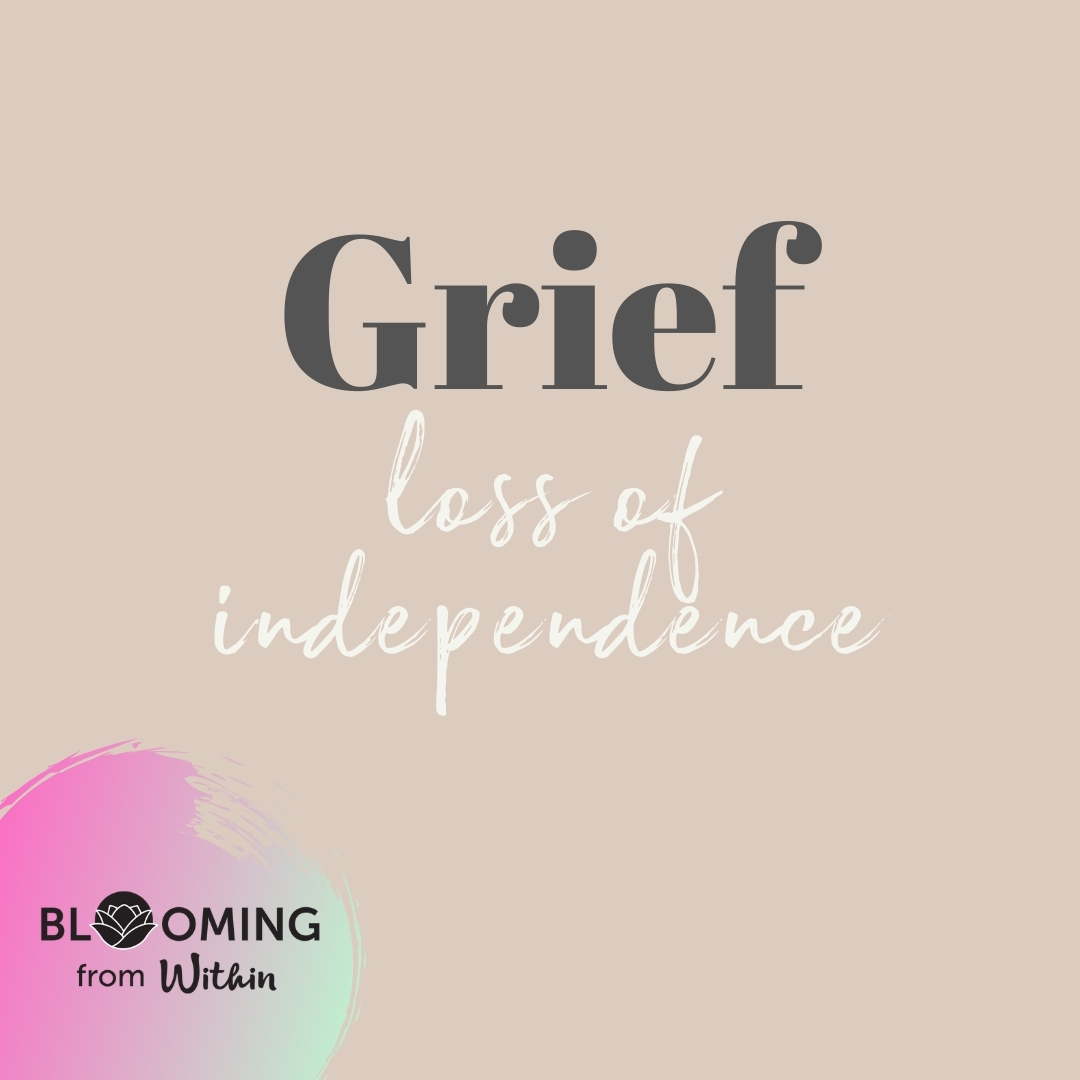
After surgery, I was extremely limited physically in undertaking basic things like food preparation and showering. It was very difficult to stand and took me weeks to relearn how to walk with a correct gait. I couldn’t lift a full kettle for months. I’m grateful for the coffee maker with buttons!
I supported myself through this process by cutting myself some slack. I asked for help (had no choice really). I drastically limited my daily goals to small milestones. I allowed myself to rest and regenerate. I allowed myself to feel all the emotional feels and purge them into my journal.

Loss of financial independence
I grieved the loss of financial independence from not working for nearly a year. Migration to a single income household was interesting and we adopted the ‘caravan lifestyle’.
Make do with what food is in the fridge, freezer and cupboard. Plan all meals ahead of time, and shop for only those items on the budget.
The caravan concept mandates only live life with what you can fit in your caravan. I can say that I’ve worked through all the gifted hand creams, bath bombs and other scented toiletries gifted to me over the years that had accumulated in my bathroom cupboard.
This perception that I’d lost my financial independence was a gem, and jam-packed with a myriad of beliefs that you need to work hard for your money and then deserve the fruits of your labour. Those beliefs didn’t include accepting support from others, and there is a sense of your independence dying. It was very liberating and humbling to finally be able to reach out to my support group and be flooded with offers of assistance when I asked.
Child’s loss
I grieved my daughter’s loss of her childhood innocence that her mother will live forever. I grieved for her sorrow upon my initial diagnosis and her subsequent sadness. Our daughter and I have always been close. Since diagnosis, we talk more about the feelings, the dreams and desires. Together we explore the why of life. We focus on joy seeking in the moment or on the day.
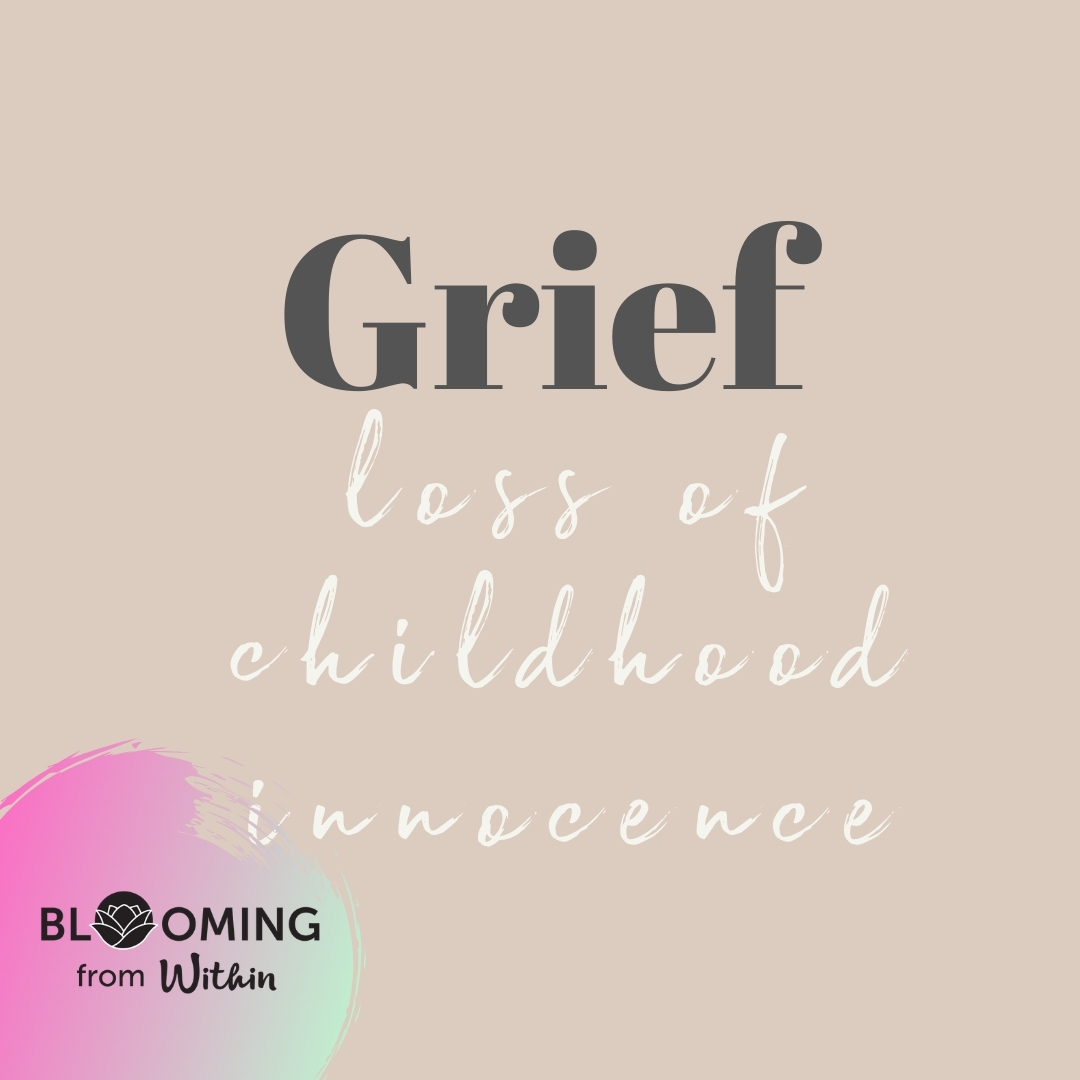
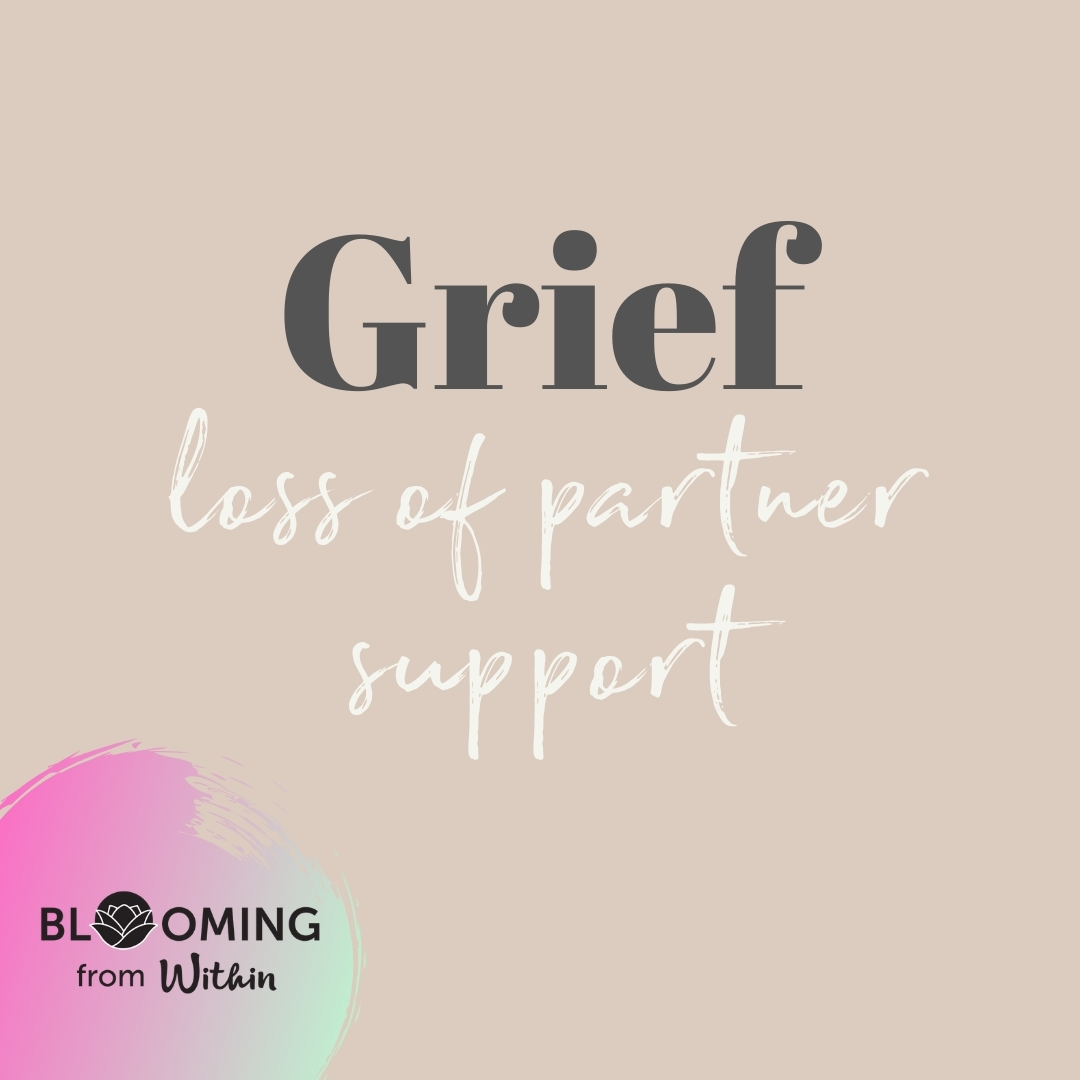
Partner’s Loss
I grieved the loss of my partner, who felt helpless and lost, not knowing how to support me. I grieved having a supportive partner. My husband hasn’t known what to do with himself, so he stepped back and gave me space. He withdrew and never stepped forward again.
Conversely, my husband perceives he lost his wife who has been replaced by a hormonal hot mess. The relationship loss is felt on both sides of the spectrum.
The loss of intimate support meant that I have strengthened relationships with beautiful friends and with myself. I know now I can do absolutely anything that life gifts me to learn. I now simply choose to do the lessons with ease and grace. I know the point now where instead of struggling I can seek assistance.
Loss of my breast
I prepared diligently the week before my mastectomy. I disconnected from everyone and everything and began quite the purge into my journal. Here’s an excerpt.
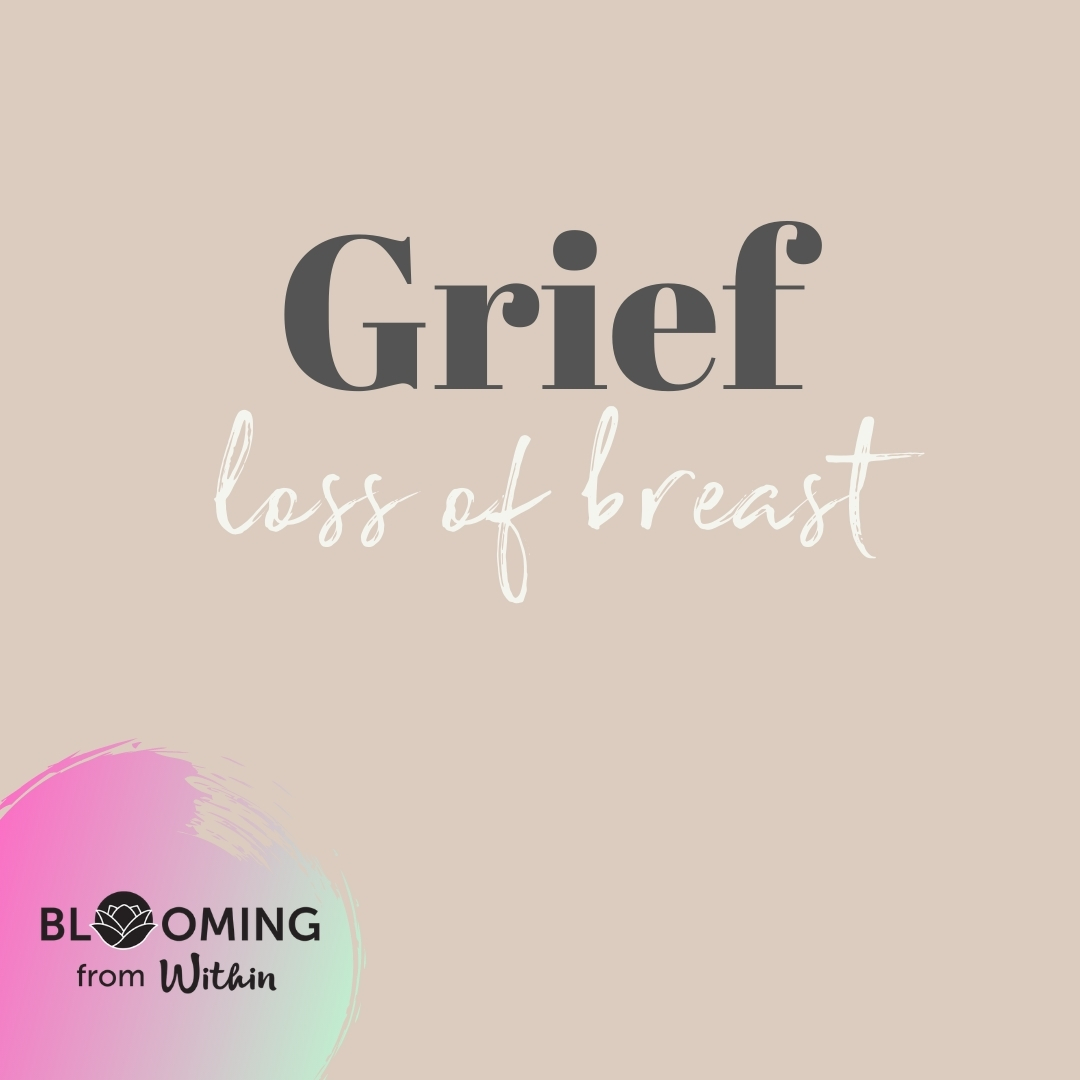
“It’s a little over a week since my diagnosis and my head is spinning from so many things. Funnily enough, the diagnosis is the easiest thing to accept. The outpouring of love from clients, family, friends, and even strangers has been overwhelming, and incredibly difficult to digest. Their words clarify my reality and I am terrified. Life as I know it will never be the same.”
For as long as I can remember having breasts, they have been large and cumbersome, much like a full fruit bowl. At times a source of sexual gratification, but mostly a source of embarrassment and shame. I had no ability to hide their enormity, or ability to attract unwanted negative attention.
Now that I’ve chosen to cut one off in order to rid myself of cancer, and attempt to reduce metastatic return, I feel even more shame. I am guilty that I didn’t nurture myself enough to deserve them in the first place. Why was I given the ability to nurture and mother, when others get nothing but fried eggs?
I am grateful that my breasts nurtured my baby for almost a year. Nursing her was magical moments and I grieve the loss of that part of my body that provided that nurture.
I grieve the love I should have given self all these years I have worked and worked hard. I regret the self-loathing that is left behind.
I grieve open communication with friends, who have since withdrawn since my diagnosis or piled on the sympathy because they are scared. I grieve the normality of my relationships and hate being the conversation spotlight. I hate that cancer dictates my every interaction. I am still me!
The Breastie’s Loss
I vividly recall my best friend, (now nicknamed my Breastie) who dropped me to the hospital for my first of many surgeries. She sat with me the entire time in the holding bay until I was wheeled into theatre. For the most part, we laughed and perved on cute orderlies, we engaged in our normal banter and behaviour — until the surgeon arrived with her texta.
As my wonderful doctor and I chatted about the finer details of the surgery and she marked my body, my breastie sat silently in the chair. Tears streaming down her face. Just thinking of that moment brings an intensity of love for her rising to my surface. It was intense and still brings us both to tears. She looked so damn sad and helpless.
We’ve spoken about that moment many times. The conversation has been healing for both of us. I experienced feelings of guilt for my breastie’s grief. She experienced feelings of grief and sadness because she was scared she couldn’t do anything to help me. She could only sit and hold space whilst I experienced my experience.
Grief is a process, taking time and energy
Grief is a mighty powerful mix of emotions that uses both your mental and physical energy to experience, sustain and process. Is it any wonder it can leave you feeling exhausted. Self-care during any grief is vital.
Where possible, I utilise the beauty of a nature walk to gift myself regular sanity checks. A walk in nature reminded of the things I am in control of and letting go of the junk that I am not. That walk completed the relaxation needed to get through another day. The walk provides a mental escape and distraction to the overactive mind.
I am consistent in my approach to stress management, working with my GP, psychologist and oncology teams have enabled me to focus on maintaining normalcy with my personal relationships.
When I talk to my friends about how I’m feeling, I ensure that we go around the table. I’m not the only one who shares, vents or rants. We all get a turn. This way I don’t feel like I’m burdening anyone or the centre of attention. I feel normal when we all take a turn and validate each other.
Final Words
Remember we all have days where our buttons are pushed. We all have stuff in our lives that can induce feel and feelings of loss. It’s evidence that we are alive and engaged in that life, invested. It’s ok to feel all the feels sometimes, it’s what makes you human. You’re allowed. The trick is don’t get swallowed by the feelings, do something with them.
What makes life great is how successfully you pick yourself and go chase another sunrise.
There is strength in connecting with your emotions and allowing them to flow. Never stifle how you’re feeling. That negativity resides in your tissues and clogs your pores, your connective tissue and your soul.
Allow your grief to arise so you can nurture yourself deeply. Allow the grief to arise so that you can learn the depth of the lessons and move forward in your life, healing easily, loving exceptionally. Acknowledge there’s no need to do grief alone and where necessary seek the support you need to move forward in your life.
About Karen
Change Facilitator
Karen Humphries is a Clinical Hypnotherapist, Resource Therapist, Kinesiology Practitioner, Wellness & Business Coach, LEAP, NES + TBM Practitioner, Intuitive Meditation Facilitator, and published author.
Karen is a self-confessed laughaholic who loves being of service to the world with her humorous and positive approach to life, encouraging people to ‘choose to change and bloom from within.’
Karen sees the value in bringinh her tribe together for all to flourish.
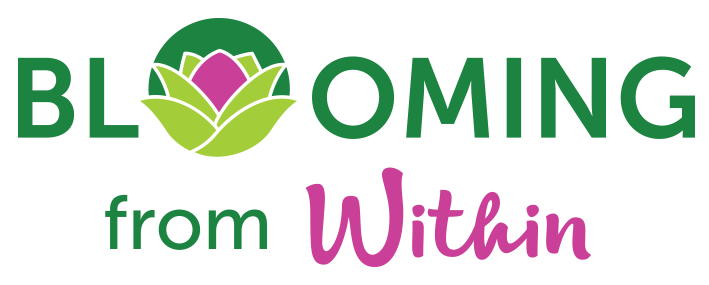
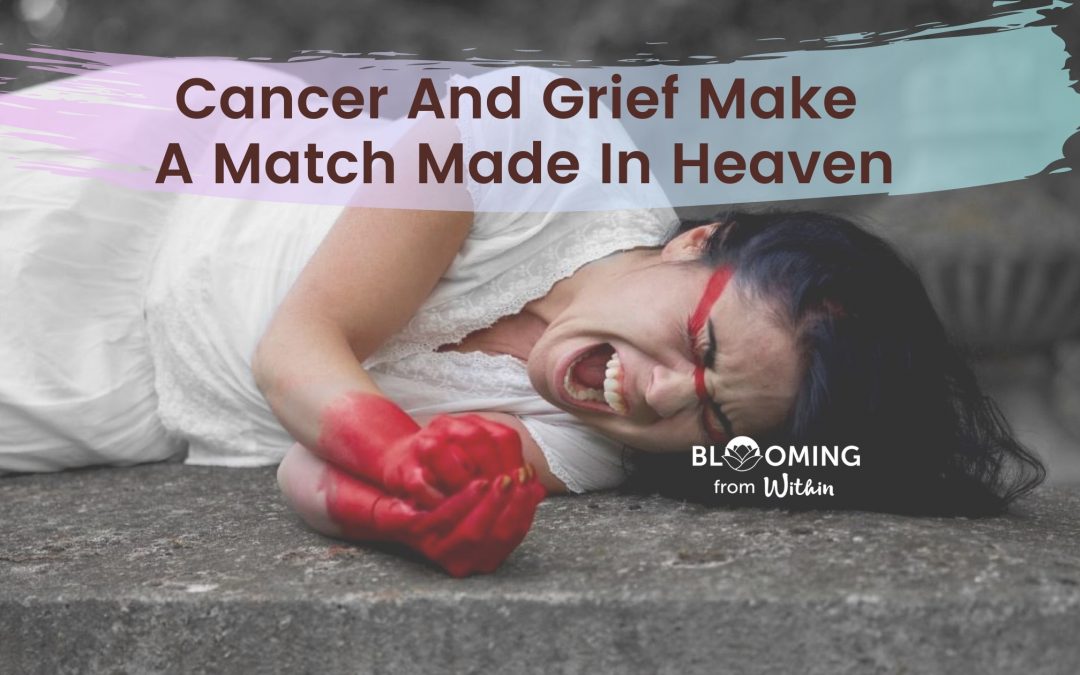
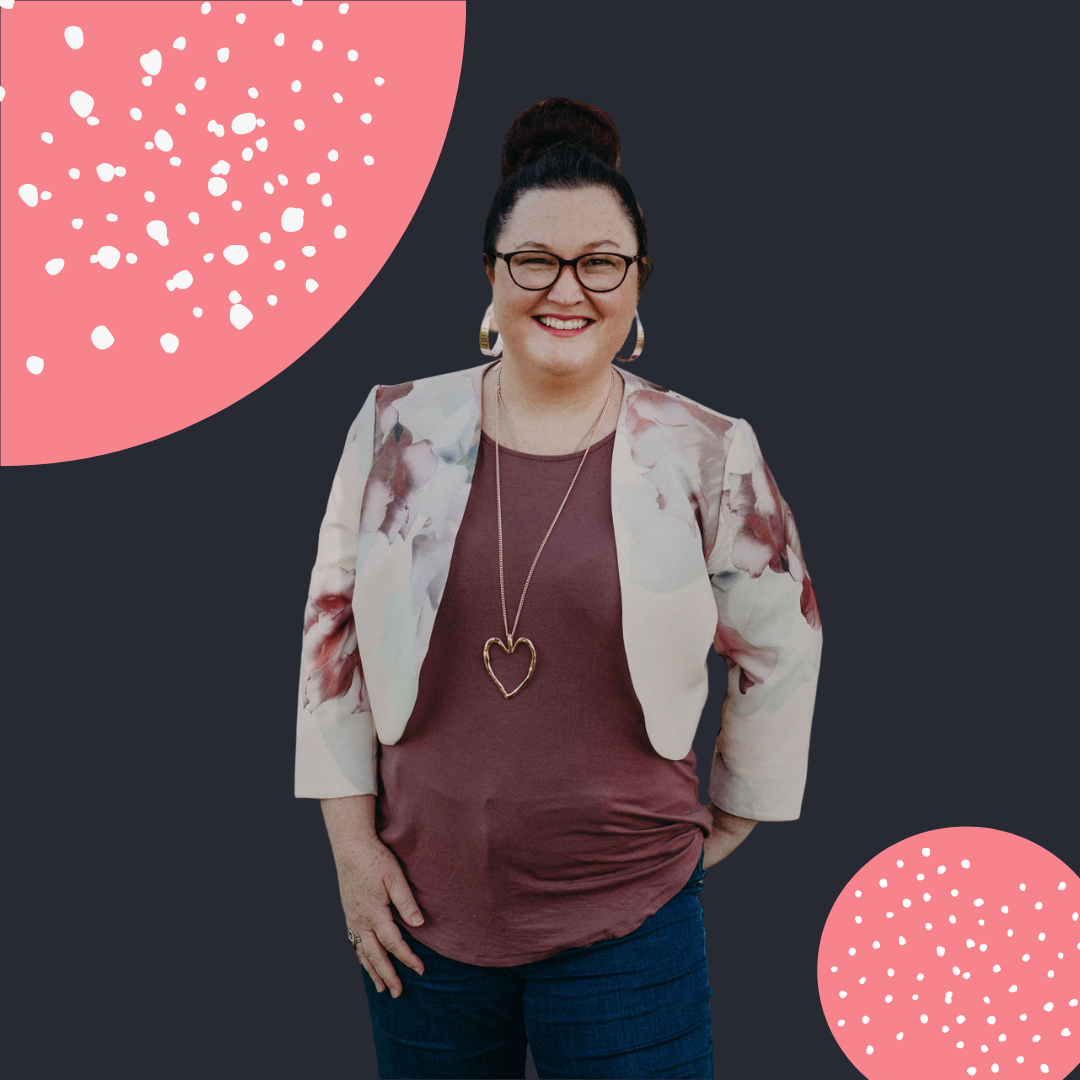
0 Comments